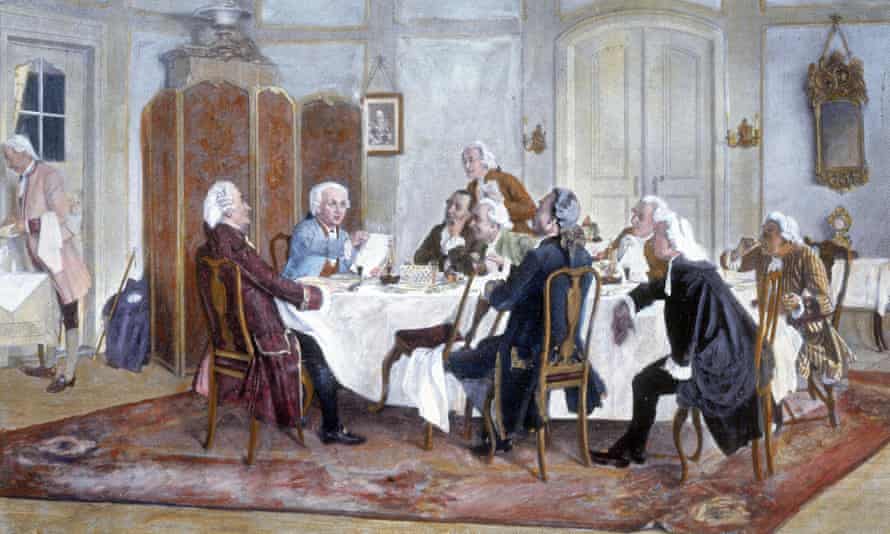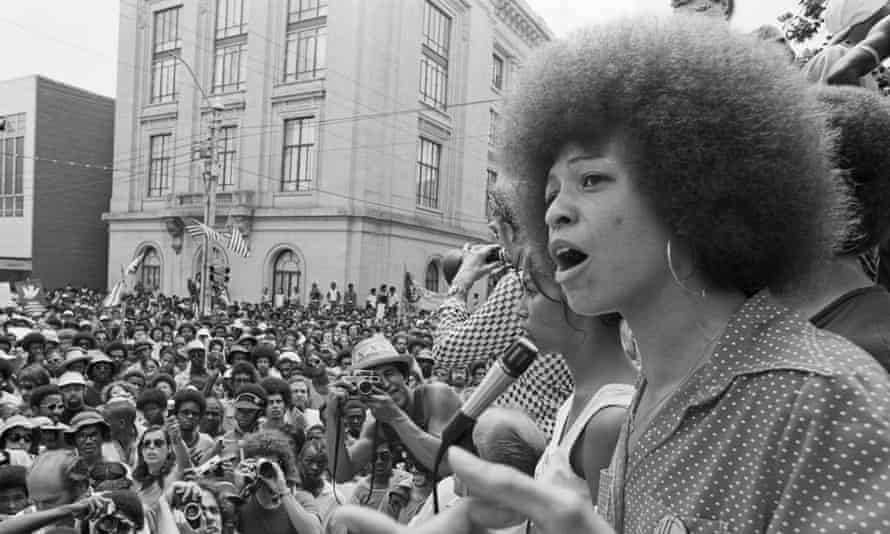 |
| Jean-Paul Sartre |
Top 10 books about great thinkers
From Kant’s routines to Frantz Fanon’s astonishing wartime work and Simone de Beauvoir’s vexed position in history, these books thread together ideas and the lives that animated them
Peter Salmon
Wednesday 18 November 2020
What is the relationship between the thinker and the thought? This is a question that all writers of intellectual biographies grapple with. One must relate the life to the thought without conflating them, without ascribing to every effect a cause, and every argument a reason. As Jacques Derrida warned, “You want me to say things like: ‘I-was-born-in-El-Biar-on-the-outskirts-of-Algiers-in-a-petty-bourgeois-family-of-assimilated-Jews-but …’ Is that really necessary? I can’t do it.”
And yet Derrida also argued that one of the great unacknowledged aspects of all philosophical writing is that it is a type of autobiography. Would Socrates have developed the gift of the gab if he wasn’t so ugly? Would Julia Kristeva have developed her ideas about the symbolic if she wasn’t an outsider by birth in her adopted France? Would Nietzsche have proclaimed the Overman if he was less shy at dinner parties?
The very best intellectual biographies enrich our understanding of great thinkers by situating them in a time and a place, and by exploring how they negotiate the difficult art of living through the products of their minds. Here are 10 wonderful books that thread together the lives and ideas of their thinkers in a way that intensifies our understanding of each.
1. St Augustine by Rebecca West
“I write books,” noted Rebecca West, “to find out about things.” Here my stone-cold favourite writer of all time turns her combination of searing intellect and droll wit on one of the shapers of Christianity. She is particularly moving on Augustine’s final encounter with his mother, Monica: perhaps, writes West, “the most intense experience ever commemorated”. As bold and opinionated as you’d expect from the woman who wrote: “I myself have never been able to find out what feminism is; I only know that people call me a feminist whenever I express sentiments that differentiate me from a doormat or a prostitute.”
2. Ludwig Wittgenstein: The Duty of Genius by Ray Monk
For anyone studying philosophy, reading Wittgenstein can feel like taking a draught of cool water. Suddenly the deepest problems seem easy, to be mere problems of language, easy to solve. And then, as you read more deeply, that all falls apart as every problem becomes knottier, every question deeper still. Ray Monk’s biography is the gold standard in the genre, revealing a man whose life was as simple and complicated as his work.
3. At Home with André and Simone Weil by Sylvie Weil
Any thinker worth their salt needs to have a Simone Weil obsession at some point. No intellectual of the 20th century was as prepared to take their thinking to its logical conclusion, making her for many a secular saint. And yet sainthood is often better appreciated at a distance, as her niece Sylvie reveals. Sleeping on the floor next to a lovingly made bed at the house of your brother (the revered mathematician André Weil) is noble in the telling, irritating in the execution. A writer herself, Sylvie Weil presents a biography of three minds, working for and against each other.

4. Kant: A Biography by Manfred Kuehn
Very few people read Kant for pleasure. If you know anyone who has, I’d like to have a chat to them. Kuehn’s biography is always promoted as revelatory, in that it shows Kant was occasionally five minutes late in having his breakfast, and sometimes put his shoes on in the wrong order. In fact this biography is everything Kant was – thorough, witty (in the way philosophy lecturers are witty: that is, not very) and goes on just a bit too long. Even the title is suitably dull. But, like The Critique of Pure Reason, it is also magnificent and to read it is to enter into a glorious dialogue with one of the great minds.
5. Simone de Beauvoir: The Making of an Intellectual Woman by Toril Moi
“To say that existence is ambiguous is to assert that its meaning is never fixed, that it must be constantly won.” It’s hard to go past Deirdre Bair’s biography of De Beauvoir. But Moi’s telling is also brilliant and affecting. A powerful, critical investigation of De Beauvoir’s thinking, it situates her in a history of female thinkers and the way their thought has been marginalised, or treated reductively as fully explicable by their lives (and loves). In a challenging read, Moi forces you to argue with her, and to be damn sure of your position as you do so.
6. Frantz Fanon: A Biography by David Macey
Derrida’s childhood in Algeria was crucial to his thinking, as he himself noted, and one cannot write about Algeria without reading Fanon’s political works. Macey explores them brilliantly, but it is Fanon’s work as a psychiatrist that is a revelation. During the war of independence, Fanon often attended to patients suffering mental trauma after being tortured, as well as to the mental traumas of the torturers. That he attended to both with equal care is astonishing, and that he did so while writing the tracts that would make him famous is even more so. Macey does him justice, which really is saying something.
7. Georges Perec: A Life in Words by David Bellos
One good life option is to just read everything David Bellos has ever written (as well as his translations). His life of Jacques Tati is wonderful, but here he is in his element trying to pin the butterfly that is Perec. Perec is the sort of writer most writers want to be, brilliant, inventive and prolific, managing to combine huge erudition with the ability to tell a really good yarn. A novel without the letter “e” (or a novella that uses only that vowel)? Why not? A novel that does a knight’s tour of an apartment block and seems to cover every aspect of life as it skips around? Sure! We should all be grateful he found Bellos to write his story – no one else would have got it right.
8. At the Existentialist Cafe by Sarah Bakewell
Along with Stuart Jeffries’ Grand Hotel Abyss, this has become the ne plus ultra of group biographies, to the point where any pitch for a book in this area these days has to say: “It’s like At Existentialist Cafe meets The Rest Is Noise.” There’s a reason for this. Bakewell’s ability to connect a thinker’s ideas to their life and personality is impressive. I particularly love her slow, minutely reasoned, takedown of Heidegger the man: displaying Paul Celan’s books in the window of his local bookshop is, she writes, “the single documented example I can find of him actually doing something nice”.

9. Angela Davis: An Autobiography by Angela Davis
Note this is “An” autobiography, not “The” – Davis is always in action, and this is just one moment on the way somewhere, politically and intellectually. Writing in her late 20s, Davis had already served time in jail and been instrumental in the civil rights movement, making this an intoxicating trip through an era of incendiary politics and intellectual ferment. That she has maintained the rage and continued to put both body and mind on the line is exhilarating – another autobiography would be no less thrilling.
10. War Diaries by Jean-Paul Sartre
Sartre is a bad biographer. In forcing Flaubert and Genet through the sausage machine of existentialism he performs the astonishing feat of making you want to avoid reading them. As a man, philosopher and novelist he is also hard to love. And yet love him I do, because of these diaries. They are the story of a mind finding itself, groping about for the theoretical scaffolding on which he would erect his thought. They are also the moving chronicle of a mind recovering from depression, thrown into a world of senseless chaos, before there was a Sartre to theorise absurdity. Of his breakdown, he writes: “I suddenly realised that anyone could become anything.” What he became is astonishing.

No comments:
Post a Comment